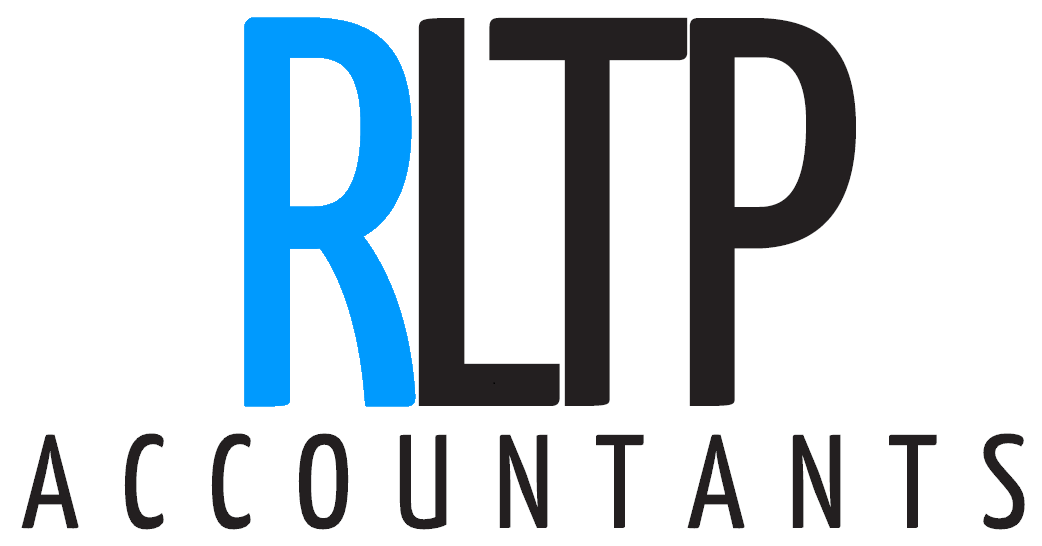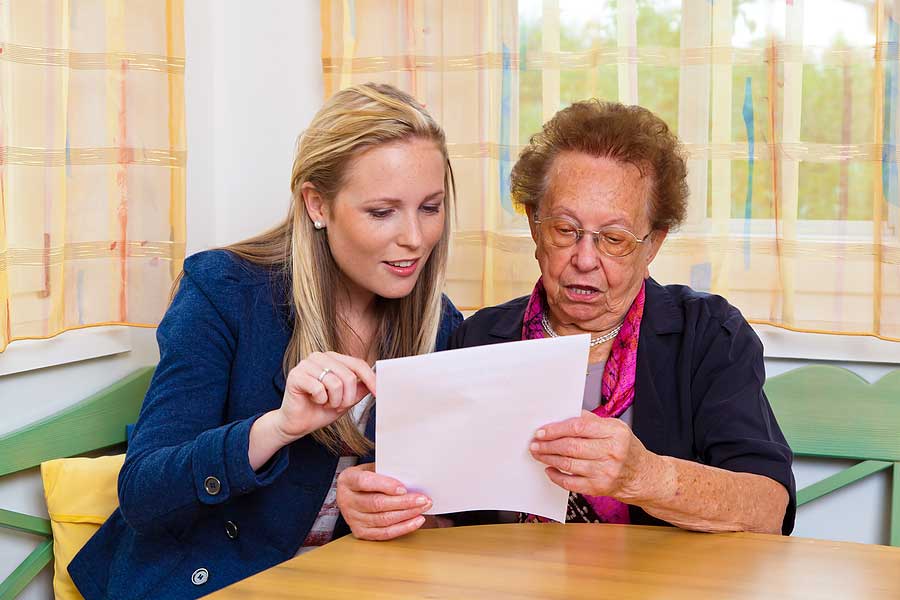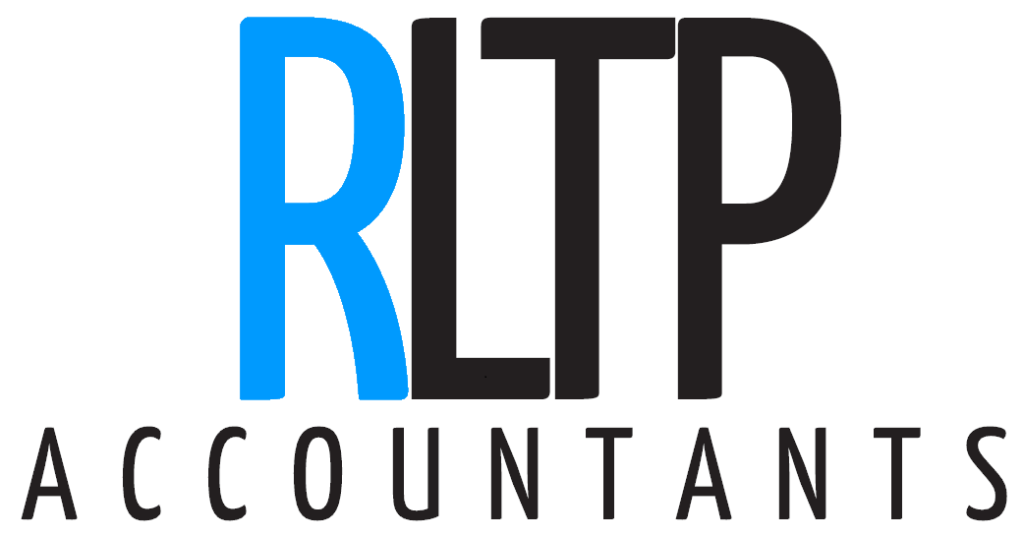Inheritance tax can be quite a difficult thing to navigate, especially when you’re dealing with the loss of a loved one. However, it’s something that’s legally pressing and very much required to ensure the right amount of tax is paid on an estate, if applicable. It can be hard to determine whether or not you owe inheritance tax on an estate you have inherited or if you have been gifted something by the person who has died. Let’s delve into the ins and outs of inheritance tax to help you establish who, and in what circumstances, inheritance tax is owed.
Who has to pay inheritance tax to the HMRC?
Most people will be subject to paying inheritance tax. There are some exemptions, however, such as gifting things, including a house, to a civil partner or a spouse. You will not have to pay inheritance tax on an estate if it falls below the £325,000 tax-free threshold and you will not have to pay inheritance tax on a gift if it has been given away more than seven years before your death.
But if your estate hits, or goes above, the tax-free threshold, then you will have to pay inheritance tax. If tax is owed, then it will be given to the HMRC. This is normally done by the person who is dealing with your estate. If you have left a will, then this person is usually referred to as the executor.
When it comes to inheritance tax planning, you will require the services of a professional, such as the highly-qualified, fully-trained team of accountants we have here at RLTP Accountants. We are able to deal with inheritance tax planning so you don’t have to. We will always keep you in the loop, making sure you understand every step in the process along the way.
What happens if I want to leave my home to someone when I die?
You are able to give your house to someone when you die. If you leave it to a spouse or a civil partner, or if you die more than seven years after giving it away, then inheritance tax will not apply. If the home is given away in your will, then it will count as part of your estate. If the estate amasses more than £325,000 in value, then you will owe inheritance tax. But let’s take a look at giving away your home in more detail.
Can I give away my home before I die?
If you pass away within seven years of gifting your property to someone who isn’t your spouse or civil partner, then your home will be considered a gift to that person and so inheritance tax will likely be owed and the seven year rule applied. It also depends on the value of the property. If you want to give your house away but still wish to live there, then you must:
- Pay rent to the new owner, making sure you’re paying the going rate for the area, property type and size of the house
- Pay your share of the bills, which is usually worked out between the residents and the new owner of the property
- Live in the property for a minimum of seven years
If you do not do the aforementioned, then it will count as a gift with reservation and new rules will be applied. We will talk about gifts with reservation in a moment. If you want to mitigate the paying of rent to the new owners, then this can only be done if the following things are applicable:
- Only a part of your property has been given away, like an annex or a wing of the home
- The new owners also live in the house
What happens if I die within seven years?
If you pass away within seven years of giving away your property, then the home will be treated as a gift and inheritance tax will be owed. The seven year rule will also apply, so if you die after seven years of giving away your property, then inheritance tax will not be due. Inheritance tax does not apply, either, if the home is considered to be a gift with reservation.
What are the rules of gift giving?
Inheritance tax might have to be paid on gifts you have given after your death, unless you have passed away over seven years after giving away the gift. You will be charged inheritance tax depending on the following things:
- Who you gave the gift to
- How much the gift is worth
- When the gift was received
What counts as a gift?
Gifts could include many things, but if you have left something in your will, it’s not considered a gift. Instead, it will be looked at as part of your estate. Your estate will include all of your money, your possessions and the property you leave behind when you pass away.
The value of your estate will then be calculated to establish whether it sits above or below the £325,000 inheritance tax threshold. If it’s deemed to be above that value, then you will owe inheritance tax, as a general rule of thumb. Things that could be deemed as gifts includes the following:
- Household or personal goods
- Stocks and shares listed on the London Stock of Exchange
- Money
- Any unlisted shares that have been held for less than two years before you have passed away
- Houses, buildings and other properties
The seven year rule
If you live for seven years or more after gifting something, then the recipient will not have to pay inheritance tax on it, unless it’s part of a trust. This is known as the seven year rule. If you pass away within seven years of gifting something, then that will be subject to inheritance tax. However, the amount of tax you pay on it will decrease depending on how many years have passed since you gave the gift.
For example, if you gifted someone £5,000 and you passed away five years later, then that sum of money will have an inheritance tax rate of 16%. If you died 3 years later, however, the inheritance tax rate will be 32%. Once you hit the seven year mark, there’s no inheritance tax to be paid. It’s important to note, however, that taper relief only applies if, within the seven years before your death, the gifts you have given have a collective value of over £325,000, as this is the tax-free threshold.
Giving gifts that you still benefit from
If you give something away that you still benefit from, it will be added to the value of your estate. This is known as a gift with reservation. A gift with reservation could include any one of the following:
- Giving your home to a relative whilst you’re still living there
- Gifting a caravan but you still use it, for free, when you go on holiday
- Giving someone a valuable painting but having it displayed in your house still
Should I keep a record of all the gifts I have given?
Yes, you should keep a record of the things you have gifted people, including sums of money. This will help your estate to be valued and taxed correctly after your death, whether it be within the seven years before you die or more than seven years before your death. You should keep the following records about the gifts you pass on:
- What it was you gave (or the sum of money you gave, where applicable)
- Who you gave the gift to
- The value of the gift
- When you gifted it
How is inheritance tax paid on a gift?
The inheritance tax that’s due on gifts given is, typically, paid by the estate, but only if you have given away less than £325,000 worth of gifts within the seven years before your death. If you have given away more than £325,000 in gifts, then the amount of inheritance tax you owe will differ. Once you have gone over the £325,000 threshold, then the person you have given the gift to will have to pay inheritance tax on it if you have gifted it to them within the seven years before your death.
Who does NOT have to pay inheritance tax?
There are some cases where gifts are exempt from inheritance tax, such as gifts that are given between spouses or civil partners. As long as your spouse or civil partner lives in the UK on a permanent basis and you’re married in a legal capacity, then you will be able to give them as much as you like without it being subject to inheritance tax. Gifts that are given to charities and political parties aren’t subject to inheritance tax either.
RLTP Accountants have a wide range of accountancy services available. With a dedicated, professional team at the helm of everything we do, you will always be able to count on us for your every accounting need. Regardless of the industry you work in or the size of your business, we will be able to meet your requirements and exceed your expectations every time. For more information about our inheritance tax planning services, or to learn about our other accounting services we have available, get in touch with us today – we’re always pleased to hear from you.


